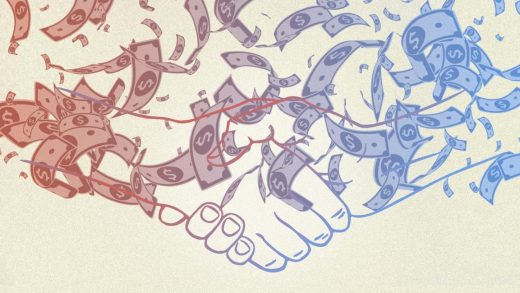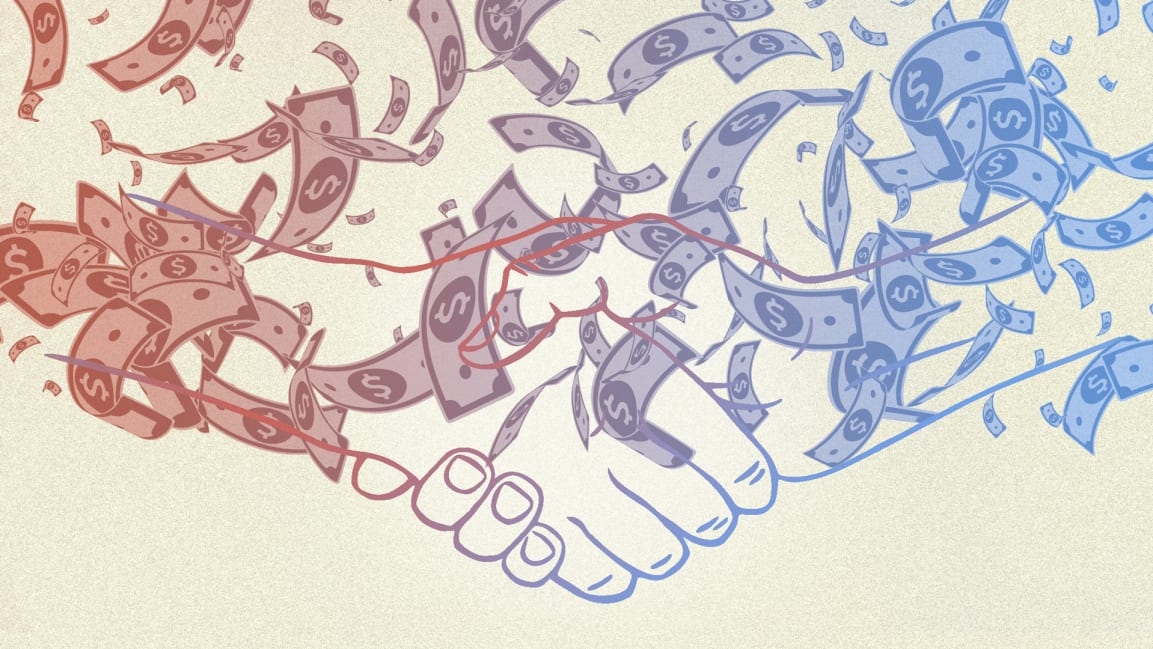Despite a strong job market, Americans are wary about access to economic opportunity
Even as the longest economic expansion in U.S. history continues, a new LinkedIn report released today shows that the American Dream is still out of reach for many. The U.S. ranks 8th (out of 22 countries) in respondents’ confidence in their ability to access the economic opportunities they want, behind India (No. 1), Indonesia (No. 2), China (No. 3), and Mexico (No. 6).
The LinkedIn Opportunity Index 2020 examined how more than 30,000 workers feel about their access to economic opportunity. Now in its second year, the report attempts to not only measure respondents’ confidence about achieving their economic goals, but also identify obstacles that are standing in the way of such achievement, says LinkedIn’s chief economist, Karin Kimbrough.
“The U.S. ranks pretty high when it comes to this sense of, ‘Are there opportunities there?’ And Americans responded saying, ‘Yes,’” she says. “But then whether or not they feel they can grasp them, they slide down to eighth.”
Some of that may be due to other economies’ faster growth and more emerging opportunities compared to a mature economy like the U.S., Kimbrough says. But, the report also found some societal issues that are encumbering people trying to achieve more, largely due to worsening economic inequality. “While globally inequality is improving, to some degree, within the borders of the U.S., inequality could be worsening,” she says.
The obstacles to economic opportunity fell into three primary categories:
Financial status
More than one in four (26%) U.S. respondents said that financial status was a leading barrier to opportunity. Financial constraints like student loans—cited as a barrier by 30% of respondents—make it difficult to take a chance on a new job that may offer more upward mobility or move to a new area in search of opportunity. Forty percent of Gen Z workers say their financial status is an almost insurmountable barrier to opportunity. Slightly more baby boomers—42%—possibly facing down the prospect of retirement on limited savings say the same.
“No matter what angle you take, all the avenues lead back to this financial constraint as being a roadblocked opportunity,” Kimbrough says. “Even though we’re all seeing it through our own lens, depending on our generation, we’re all still feeling a little bit fragile and maybe less confident about our ability to grasp an opportunity.”
Technological skills
The report finds that economic opportunity is far from one size fits all and that factors like age and keeping up with technological advancements make finding work more difficult. Despite all of the talk of a tight labor market and “jobs, jobs, jobs,” U.S. respondents say the job market is tougher than it looks. Younger workers struggle to get the experience they need, while ageism blocks opportunity for older workers. All generations worry about the pace of technological advancement and how to keep their skills current and relevant in such a fast-paced area.
“It seems like it should be this market where anyone selling their labor still finds a buyer for it, but I think what [the report] reveals is that labor markets inherently have a little bit of information asymmetry,” she says. “Often, people don’t know the right combination of skills to exactly land the job that they want.” More than 60% of boomers indicated lack of required professional skills as a barrier, compared to 40% of millennials.
Lack of a strong network
Who you know is still a big factor in accessing opportunity. LinkedIn data shows that 70% of professionals get hired at companies where they already have a connection. Those who grew up in neighborhoods with median incomes over $100,000 were three times more likely to have a strong network that helped them get the job they want. Attending a top university and working for a top company make people 1.5 and 2 times, respectively, more likely to have a strong network. Have all three? You’re 12 times more likely to have a strong network.
The report found that respondents still believe that hard work, willingness to embrace change, career ambition, and transferable skills pay off. But, as the report relays, “These findings and others strongly confirm that in the United States, your perception of opportunity, and the barriers you face in accessing it, depends on your geography, income, family background, and career path. Opportunity, in other words, is not one-size-fits-all.”
Kimbrough says that identifying these barriers is the first step to taking action to solve them, including legislation, policy discussions, and corporate programs. “The fact that expectations are such an important part of economic analysis, I think it’s fascinating to see how people actually perceive their current state,” she says.
(15)



